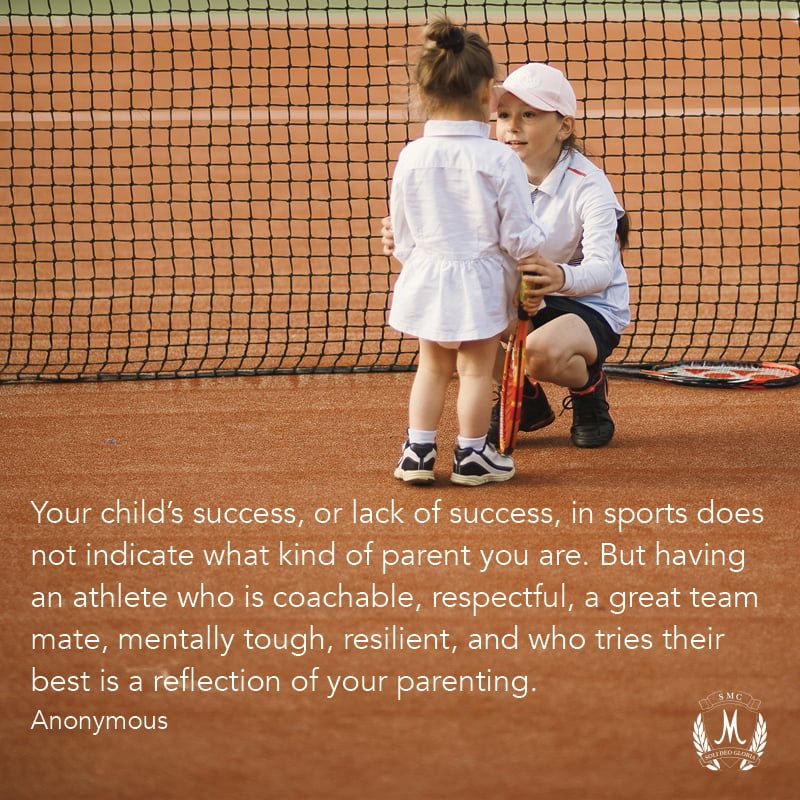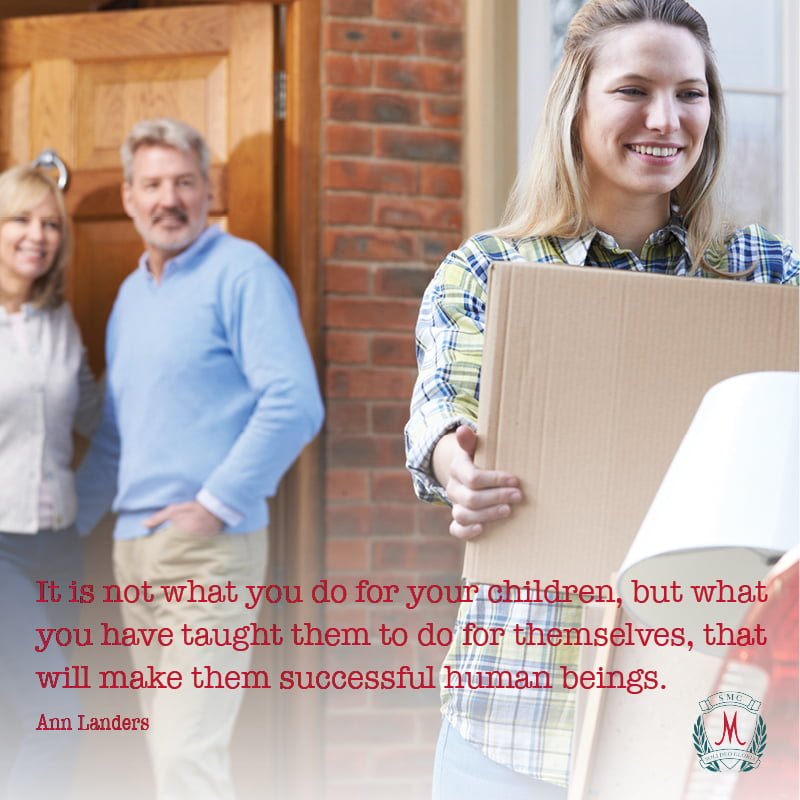I’m sure you’ve all heard the terms ‘helicopter parents’, ‘bubble wrap parents’, ‘lawn mower parents’ and maybe even ‘black op’s parents’. They are used to describe parents who either swoop in and solve problems for their kids or who never allow a problem to emerge in the first place.
Sure, the terms are amusing…but they are over simplifications of people that aren’t helpful. They don’t recognise that parents act the way they do according to their own fears, hopes, beliefs and values. They also don’t acknowledge that, given the right circumstances, we can all act this way from time to time.
That said, there are times when parents need to be gently reminded to pull back from being so involved in their children’s lives. You can probably recognise those times in your friends’ behaviour, but it’s hard to see it in ourselves. Especially because these behaviours come from places of love or fear. Or maybe they are just behaviours that haven’t been examined adequately.
So… when should parents pull back?
When your child is playing sport
We want kids to love sport forever. It’s in their best interest. Sport will give kids health, team work, responsibility and a sense of endeavour. So, please don’t be the parent who abuses the umpire. Pull back. We need to teach children about fair play and respect for others. Don’t counter that by teaching them it is okay to abuse people if you don’t like their decisions.
The same goes for coaches. Don’t call them at strange hours to discuss why your child is on the bench next game. It might be that they just aren’t good enough yet. It might be that there are lessons they need to learn. What are those lessons? Perhaps instead of swooping in, ask yourself, “Why does this matter so much to me?”
A great article by Nancy Star advocates that parents should never speak when it comes to sport, especially when a child ‘fails’. She says that if you don’t speak, if you avoid the clichés and the platitudes and just say nothing, they will eventually speak to you…calmly. Bearing silent witness gives your child space to think and talk. It’s possible that adults speak altogether too much. Full stop.

When your child doesn’t get the grade you want
Recently a fellow teacher took a call from a Year 7 parent who wanted her to re-mark a test from three months ago. Her reasoning was that if the teacher could lift her mark in that class the child would average enough to be in the Achievers’ Club of kids who got the required number of As. Don’t make that call. Pull back.
The education system has a very narrow definition of success. Don’t buy into only that definition. Yes, we want kids to do their best, but their success might be that they love learning, are involved in lots of activities and socialise well. Congratulate them on their awesome efforts in the areas where they worked really hard. Help them plan for achievable improvement in the areas where they struggle or haven’t really applied themselves.
Your child not being a member of the Achievers’ Club is not a sign that they haven’t done a good semester’s work. And it’s not a sign that you haven’t done a good job as a parent. Don’t let comparisons with others undermine what you know is important.
When your child is in conflict with another student
It is awful when your child is having friendship problems. For a while it permeates every part of their life. Every child goes through this and every parent wishes they could take the pain away. However, picking up the phone to call the other child’s parent, or marching down to school is not the answer. Pull back.
Remember, if you vanquish all the dragons, you also vanquish the dragon slayer. Acknowledge that conflict and rejection feel terrible. Validate your child’s feelings and then equip them to face the challenge themselves. This article might help.
When your child is in trouble at school
You have had a freakishly good run if your child has not been disciplined at school from time to time. It happens. Kids are human and they muck up. That’s okay, but they do need to learn that their choices have consequences. Please support teachers, or at least, please don’t undermine teachers. Pull back.
Last year I had a parent tell me that, ‘My child never lies and I will never believe you over her.” The child smirked. I just thought, ‘Oh dear…life is really going to hit you hard at some point, and you wont be equipped to deal with it. And it’s not your fault.’
Teachers are your partners in educating your child. Research shows that parents who work with them, rather than against them, will see better outcomes for their child, socially and academically. Build that relationship.

When a school acts the way it says it will
The fundamental roles of a school are to ensure a child is safe and provide a good education. However, past that they can choose what they are. Some schools are religious, some value high results, some are committed to sporting endeavours, some are technology free and some follow alternative philosophies of teaching. As long as they make that very clear from the beginning, you can’t protest against what they are after enrolment.
If a school is religious, don’t demand your child be excluded from religion class. If the school is academic, don’t be surprised when they want your child to maintain a certain grade average. Sporty school? Expect a lot of sport. You get what you sign up for. So, ask lots and lots of questions before you enrol your child. Not all schools suit all kids. Choose the school that best suits your child and your family’s values and beliefs.
When you feel tempted to vent on social media
We’ve all read that post by a parent that criticises a school, a teacher or someone else’s child. It’s ugly and it achieves nothing. Pull back. I understand why people do it. They feel frustrated or angry and they are looking for that feeling to be validated by others. However, that sort of action is a bit like eating fast food. It makes you feel good at the time, but you will probably regret it. It never serves your child, or their relationships, when you vent on social media.
Finally…
Pulling back doesn’t mean disengaging. It means creating space for your child. It’s hard to do, but they need that space. They need space to grow and they need experiences and mistakes from which to learn. Most importantly they need you to be on the other side of the space, teaching and supporting them.
Why not follow Linda’s blog? You’ll receive useful information to help support your kids as they navigate their school years.
Visit Linda’s Facebook page here
Linda Stade has worked in various teaching and management roles in education for twenty-five years. She has worked in government and private schools, country and city, single sex and co-ed. Currently she is the Research Officer at Santa Maria College, Western Australia.






